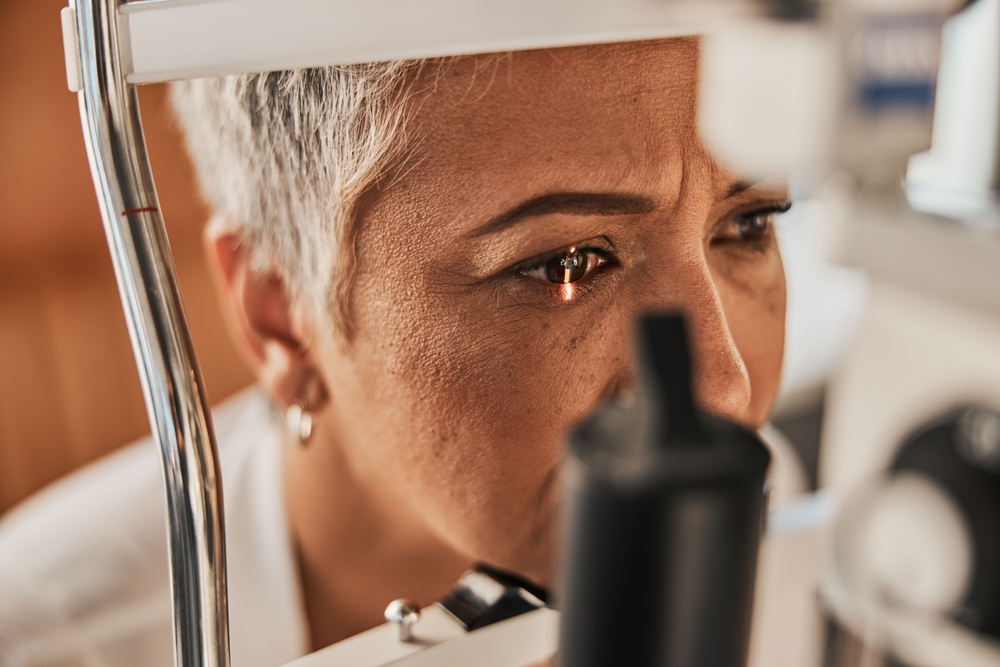
The eyes are among the essential organs in your body. As such, it pays not to neglect your eye health until you notice a problem. Regular eye exams are crucial for maintaining good eye health and preventing severe eye conditions.
Detection of Eye Conditions
Regular eye exams are essential for detecting eye conditions early. Some eye conditions, such as glaucoma, cataracts, and diabetic retinopathy, show no symptoms in their early stages. The conditions may progress to a point where treatment is more difficult when symptoms appear. Regular eye exams can detect these conditions early, making it easier to manage them before becoming severe eye problems.
Preserving Your Vision
Regular eye exams can help preserve your vision. Eye exams can detect vision changes early, and early intervention can prevent vision loss. For example, if you have a refractive error, such as nearsightedness or farsightedness, your optometrist can prescribe glasses or contact lenses to correct your vision. It can improve your vision and prevent eyestrain, which can cause headaches and eye fatigue.
Regular eye exams help detect eye conditions such as age-related macular degeneration (AMD), which can cause a loss of central vision. Early detection and treatment can prevent the progression of AMD and preserve your vision.
Maintaining Overall Health
Regular eye exams help detect underlying health conditions. Many health conditions, such as high blood pressure and diabetes, can cause eye changes. Regular eye exams can help find these changes, allowing for early detection and treatment of these underlying health conditions.
For example, diabetes can cause damage to the blood vessels in the eyes. They lead to diabetic retinopathy. Regular eye exams can detect diabetic retinopathy early. It allows for an early intervention to prevent vision loss.
Additionally, high blood pressure can cause changes in the blood vessels in your eyes. In turn, this leads to hypertensive retinopathy. Regular eye exams can detect hypertensive retinopathy early, allowing for the early detection and treatment of high blood pressure.
Protecting Your Eyes From UV Damage
UV damage is a common cause of many eye problems like photokeratitis and cataracts. Regular eye exams help detect UV damage. Your optometrist can recommend ways to protect your eyes from further damage. For example, they may suggest wearing sunglasses or a hat when outdoors.
Regular eye exams can help detect skin cancer around your eyes. Skin cancer is the most common type of cancer in the United States. It can occur around the eyes. Regular eye exams help detect skin cancer early. It allows for early treatment to prevent cancer from spreading.
Prescription Updates
Regular eye exams are essential for maintaining accurate glasses and contact lenses prescription. Your vision can change over time, and regular eye exams can ensure that your prescription is ideal. A proper one can help improve your vision strain, headaches, and fatigue.
Regular eye exams can help you identify other vision issues. These include astigmatism, color blindness, and presbyopia. These conditions can cause blurry vision and difficulty seeing at night or distinguishing colors. Early detection and treatment help manage these conditions and improve your vision.
For more about eye exams, visit Watertown Family Eyecare at our office in Watertown, South Dakota. Call (605) 753-3937 to book an appointment today.







